By Jeff Field | Published July 8, 2024 | Posted in Bankruptcy, Chapter 13 | Tagged Tags: Bankruptcies, chapter 13, Inflation | Leave a comment

Inflation Cited As Factor As Bankruptcies Increase
If you’ve felt extra financial pressure over the past couple of years, you’re not alone. Data from 2023 shows that bankruptcies are on the rise in the United States. While multiple factors have contributed to this increase, one significant driver is the persistence of inflation following the COVID-19 pandemic. As prices for essential goods and Read More
Read MoreChapter 13 Debt Limit Scheduled to Return to Lower Level if Congress Does Not Act
Responding to the COVID-19 pandemic, Congress in 2022 passed the Bankruptcy Threshold Adjustment and Technical Corrections Act (BTATCA). This legislation greatly expanded the scope of relief granted to debtors under the Small Business Reorganization Act (SBRA) and Chapter 13 of the Bankruptcy Code. Specifically, the law raised debt limits for filers, expanding eligibility for bankruptcy Read More
Read More
Why Creditors Might Object to Your Chapter 13 Plan
Chapter 13 bankruptcy offers a path for debtors to repay creditors over time and avoid asset liquidation. Although debtors create their own plans and propose them to the court for approval, creditors themselves have a say in the process. They can file objections to a proposed repayment plan that they believe doesn’t treat them fairly Read More
Read More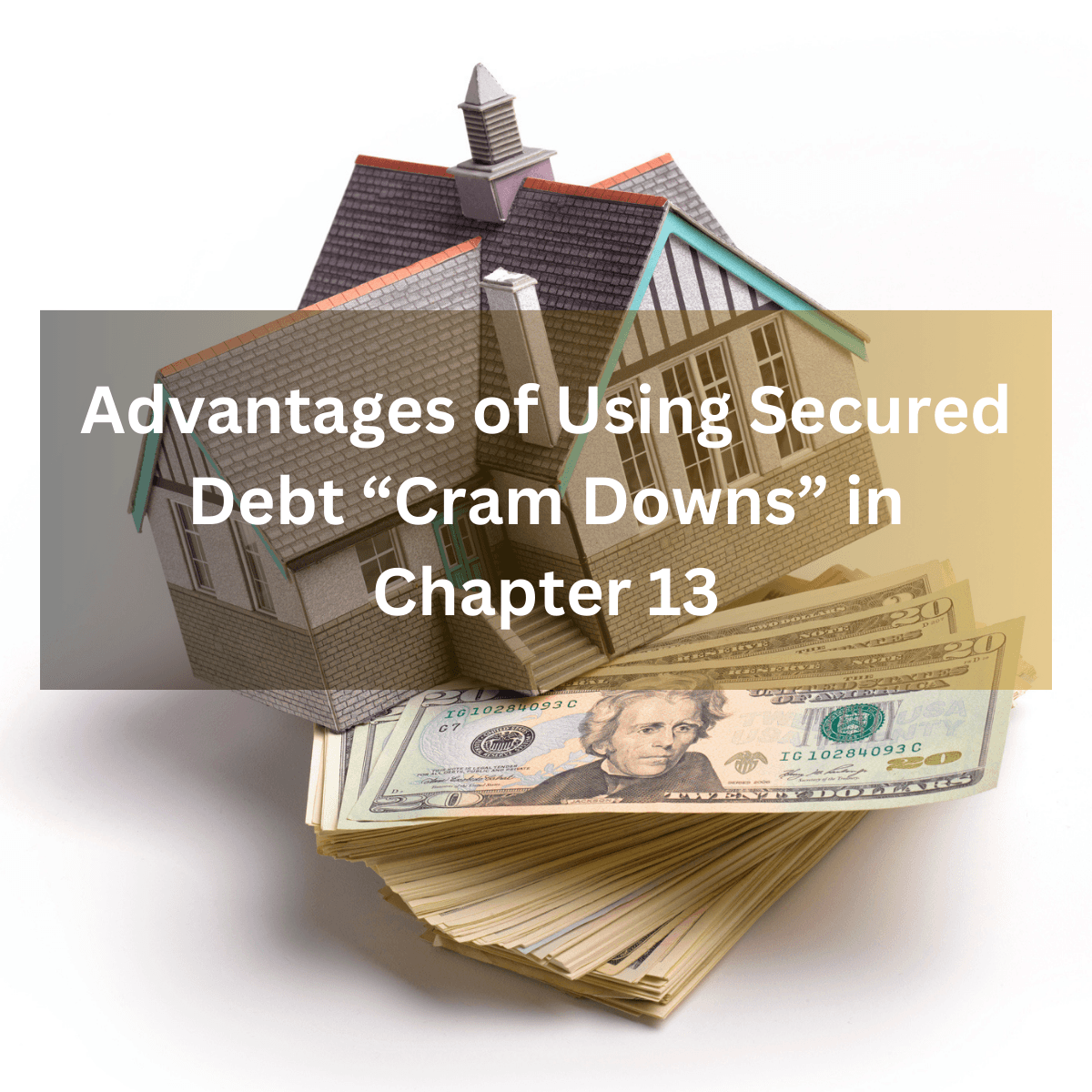
Advantages of Using Secured Debt “Cram Downs” in Chapter 13
For individuals struggling with overwhelming debt, Chapter 13 bankruptcy offers a path to financial rehabilitation, giving them protection from creditors while they pay off a reduced portion of their unsecured debt over time. Secured debts still need to be repaid, but there is a powerful tool known as a “cram down” that can offer relief Read More
Read More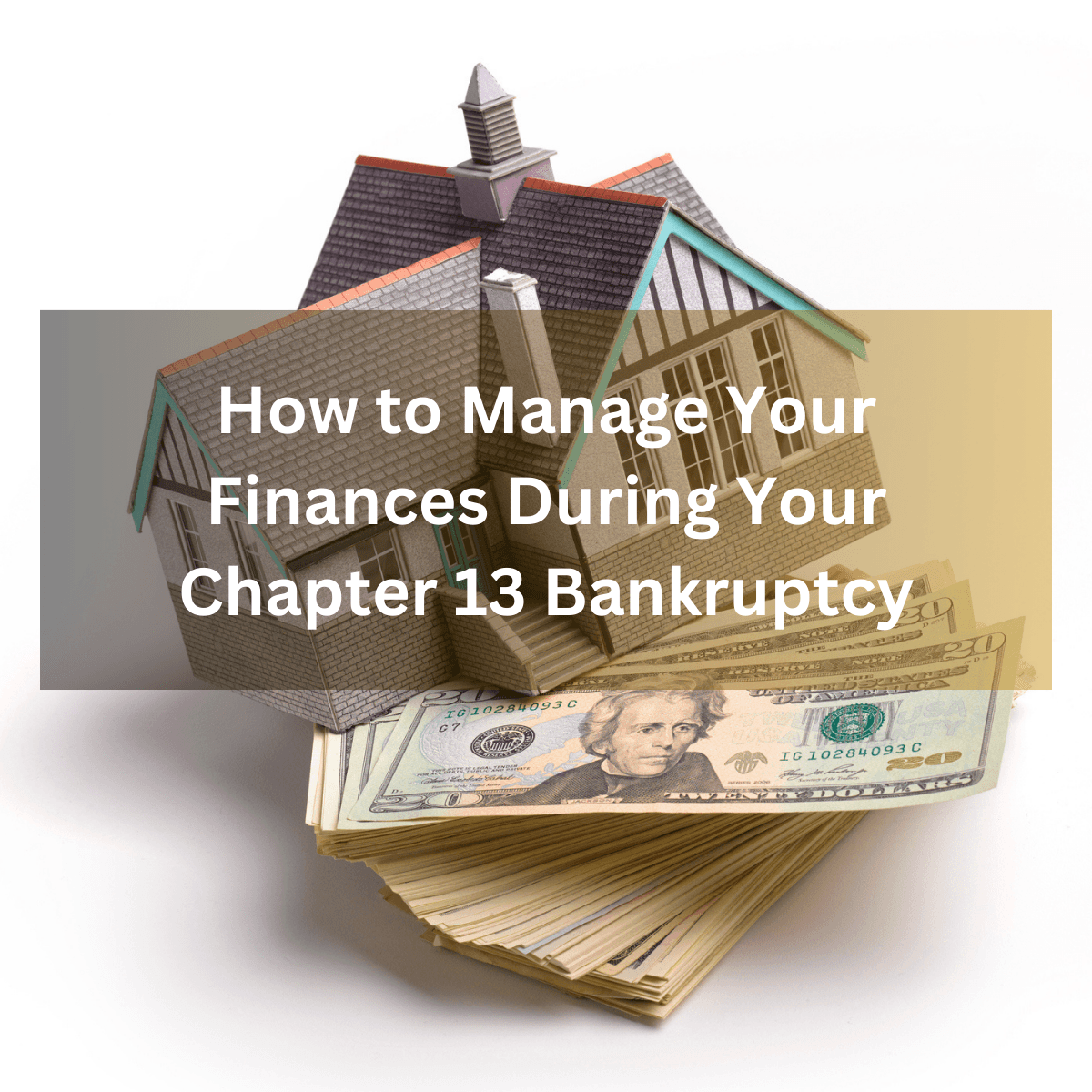
How to Manage Your Finances During Your Chapter 13 Bankruptcy
Chapter 13 is a type of bankruptcy that allows you to gain protection from creditors while repaying a portion of your outstanding debt monthly over an extended period of time. For the three- or five-year duration of the repayment plan, the court allows you a set amount to live on and a court-appointed trustee divides Read More
Read More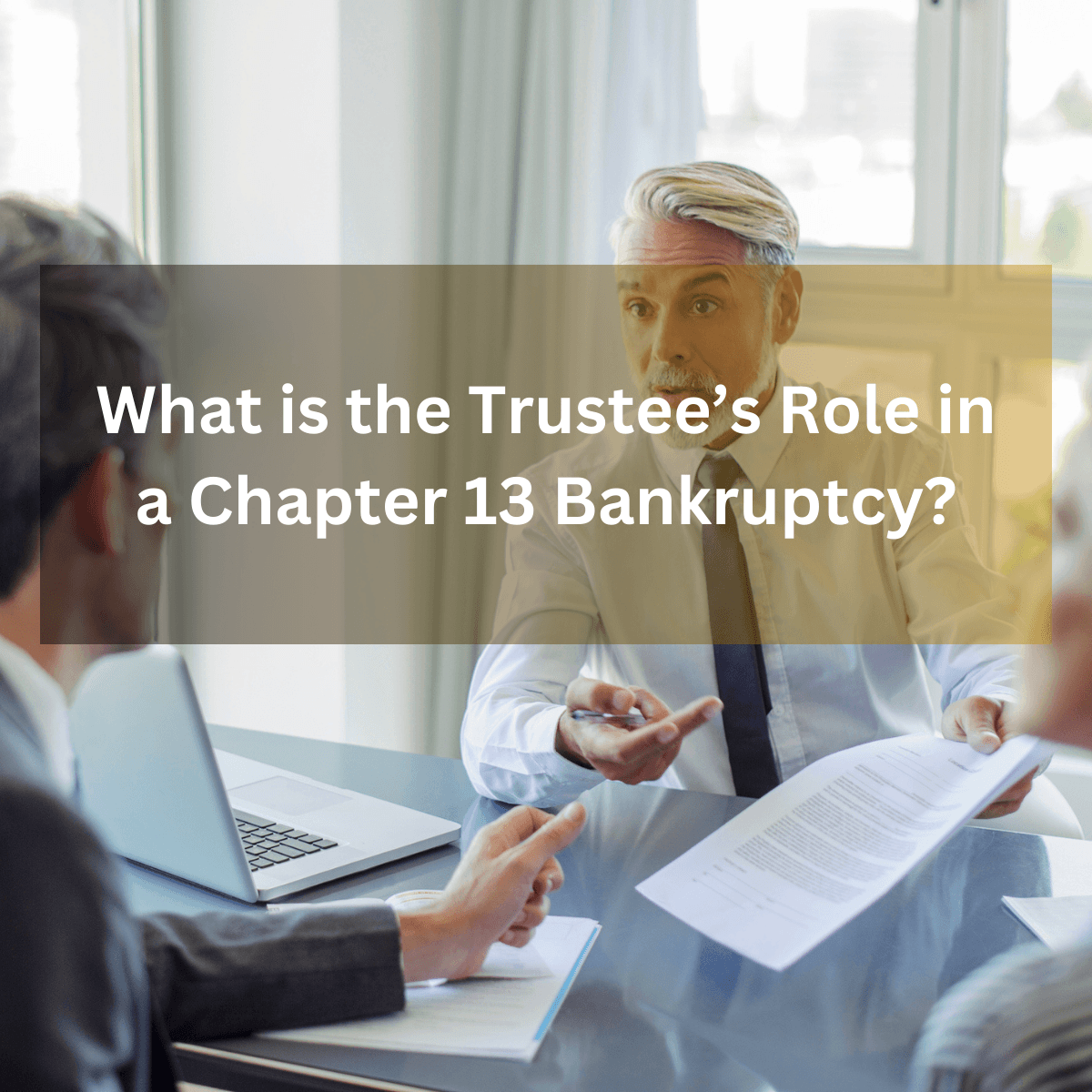
What Is the Trustee’s Role in a Chapter 13 Bankruptcy?
Chapter 13 is a type of bankruptcy relief that affords individuals protection from creditors as long as they pay off a portion of their outstanding debts over time according to a court-approved plan. The plan is supervised by a trustee, who acts as the court’s overseer throughout the process. The trustee plays a pivotal role Read More
Read More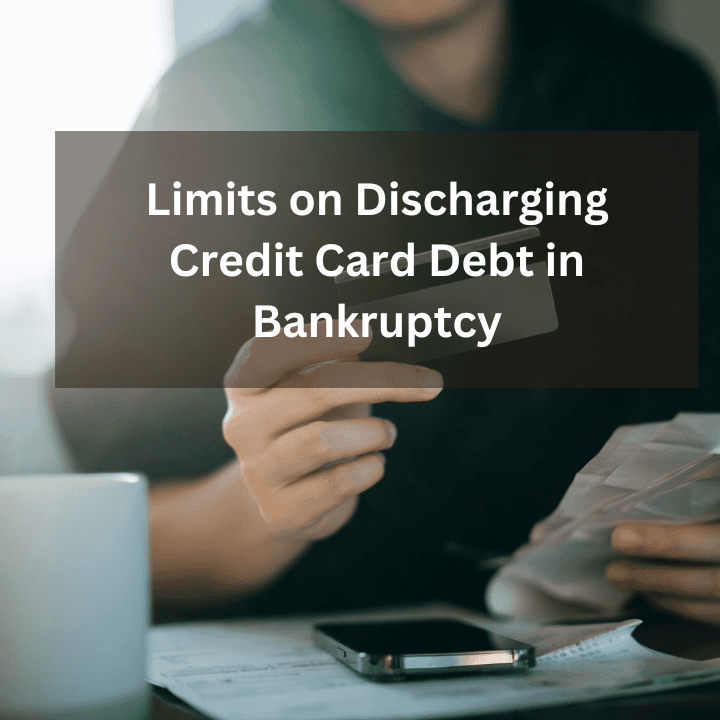
Limits on Discharging Credit Card Debt in Bankruptcy
When you file for bankruptcy, the outstanding balances on your credit cards are treated as unsecured debts. That means they are usually discharged completely in a Chapter 7 and only partially repaid in a Chapter 13. However, there are circumstances in which credit card debt is ineligible for discharge, depending on the amount and why Read More
Read More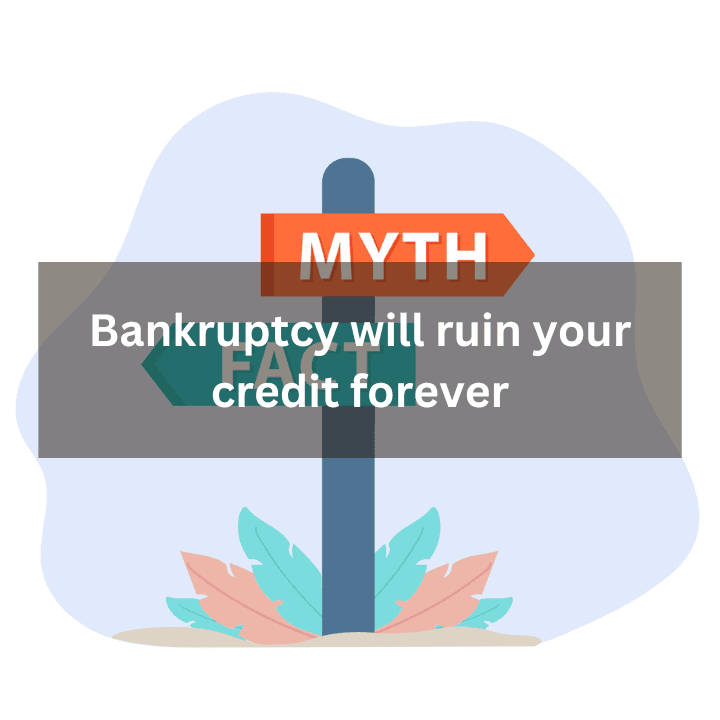
Misconceptions that Deter People from Seeking Bankruptcy Relief
Bankruptcy is a remedy designed to give people in financial trouble a path to a fresh start. It carries no penalties as long as a debtor pursues it honestly and in good faith. However, many people are still reluctant to file for bankruptcy, often out of fear that it carries a stigma that will affect Read More
Read More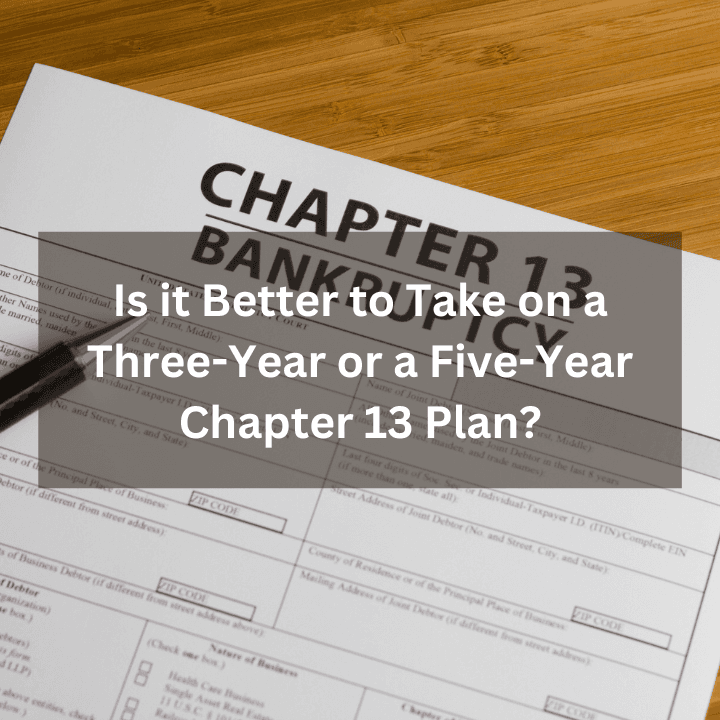
Is it Better to Take on a Three-Year or a Five-Year Chapter 13 Plan?
Chapter 13 is a form of bankruptcy meant for people who, despite being in financial straits, have the resources to repay at least a portion of their outstanding debts over time. Those debts are discharged only after the debtor completes a court-approved repayment plan that lasts three or five years. Which time period applies depends Read More
Read More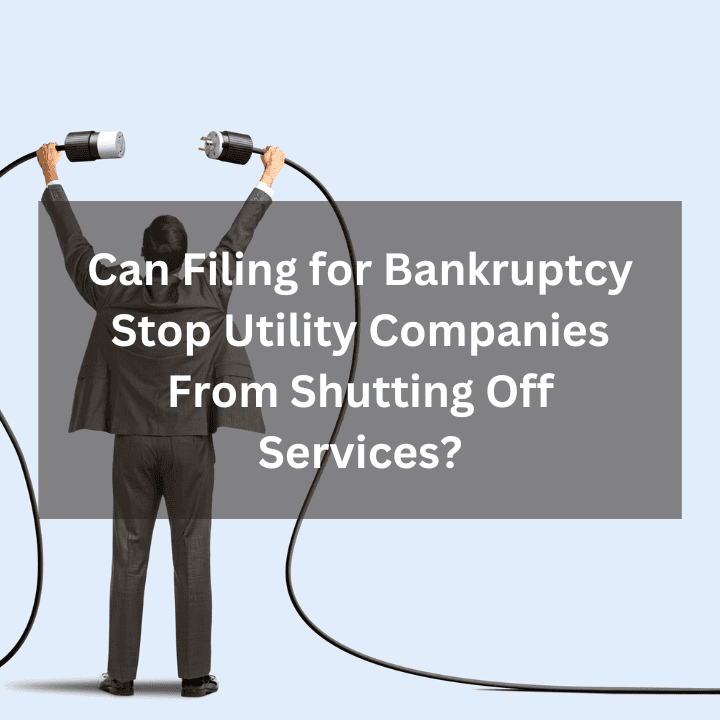
Can Filing for Bankruptcy Stop Utility Companies From Shutting Off Services?
Facing an impending utility shut-off due to unpaid bills can be a daunting prospect. Electricity, gas, water and telephone are essential services, and loss of them can affect your health and security. Utility debts usually reach this state of emergency as part of a larger financial crisis. Fortunately, bankruptcy can provide a temporary reprieve and Read More
Read MorePlease fill out the form below and one of our attorneys will contact you.





